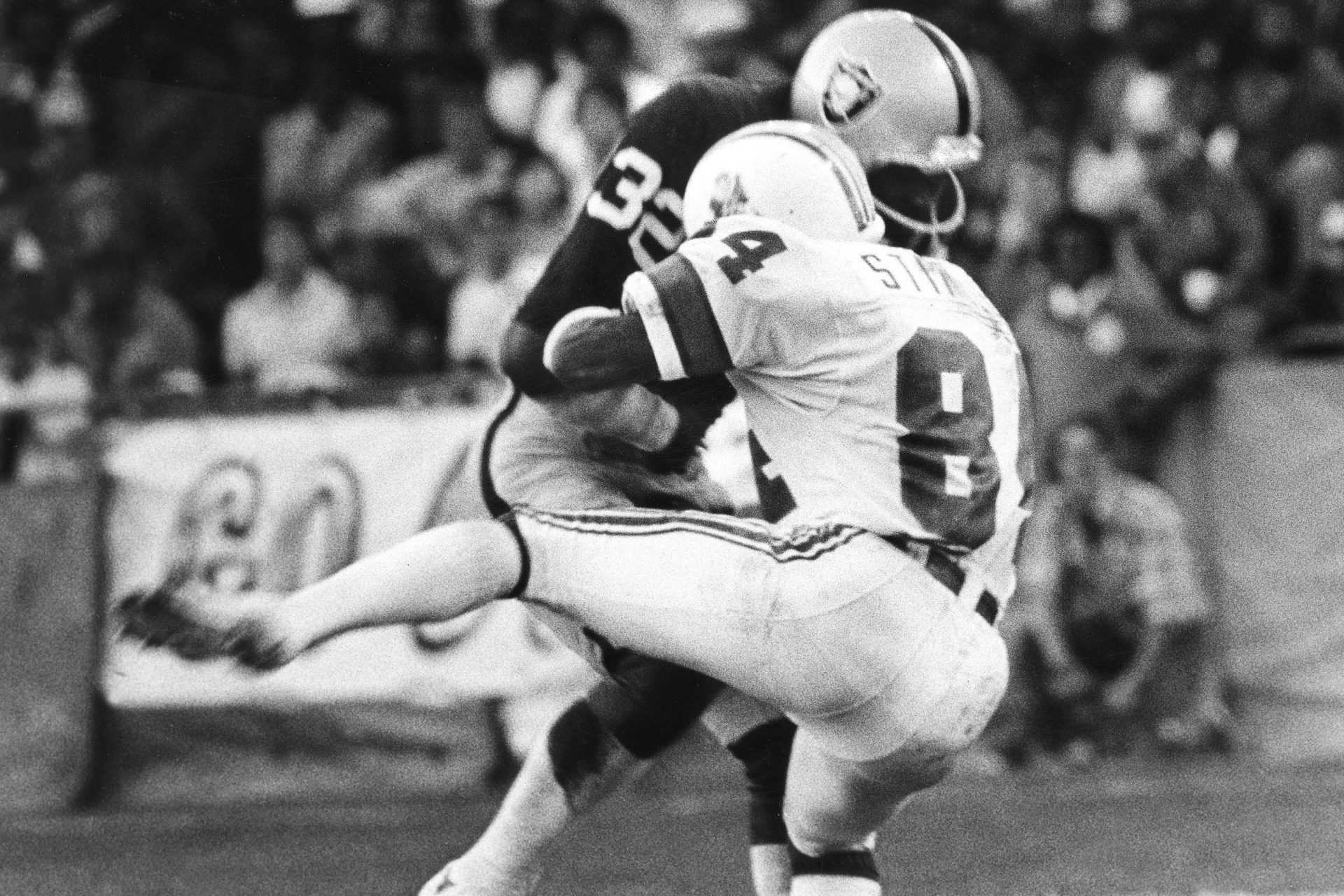The Podium of Shame: Athletes who cheated at the Olympic Games
Olympic athletes dedicate their lives to their sport and sometimes they are ready to do anything to win, even if it means circumventing the rules of the game. Join us as we take a look at those who tried to trick their way onto the podium....a collection of not very Olympic champions.
During the Berlin Summer Olympics in 1936, Dora Ratjen competed in the high jump events posing as a woman. He did not win a medal in this competition, so he tried competing at the European Championships two years later.
He had, on this occasion, set a world record for the high jump by crossing the 1.70 m barrier. But three days after participating, Dora Ratjen's hairiness caused doubt. So much so that he found himself subjected to medical experts revealing the deception. His titles were therefore withdrawn, and the German federation excluded him permanently.
After World War II, Dora Rotjen confessed to pretending to be a woman for three years to not arouse suspicion. The deposed ex-champion also accused the Hitler Youth Women's Association of having pushed him to pass himself off as a woman for the glory of the Reich. His words have never been corroborated.
South African swimmer Cameron Van Der Burgh won the Olympic gold medal in 2012, notably beating the world record in the 100-meter breaststroke. However, he was not satisfied with this victory and admitted to having broken the rules to achieve such a performance.
Cameron Van Der Burgh admitted to using the “dolphin kick” three times instead of the one time authorized during his race. The “dolphin kick” is a movement of the legs that allows the swimmer to gain more impulse and speed. However, this admission, which should have led to his disqualification, did not deter him from his victory.
On the contrary, his declaration revolutionized swimming refereeing practices since the “dolphin kick” is now tolerated, and many other swimmers have also admitted to having used it.
In 1896, during the flagship event of the Olympic Games, the 38 km marathon, the then 19-year-old Greek runner Spyridon Belokas resorted to a trick that did not comply with the regulations, even then!
The athlete passed the Hungarian Gyula Kellener a few kilometers from the finish by borrowing ... a carriage! Spyridon Belokas thus came third to the detriment of the Hungarian runner. But fortunately, several witnesses and Kellener himself were able to see him at work. His sneaky ways caused his disqualification from the Olympic Games and the dishonor of his country.
King George I of Greece later offered his own watch to the Hungarian Kellener as national compensation.
The champion French cyclist Paul Masson (on the left) was a gold medallist three times over during the same edition of the Olympic Games in 1896. A real feat that has fallen into oblivion; however, the talented athlete didn't make any money off his victories.
At 20 years of age and almost penniless despite his record, Paul Masson decided he would use another name to return to the Olympic Games. He did so on several occasions to win and collect more prize money. But to do so, he had to use an alias!
At the time, the International Olympic Committee rules stated that all participants needed to be amateurs. So, even though Paul Masson was also competing outside the Olympics for money in competitions and would thus be disqualified from participating in the Olympics, he participated by changing his name to Paul Nossam, simply writing his surname backwards.
Unfortunately, at the 1984 Olympics in Los Angeles, Puerto Rican Madeline de Jesus injured a tendon during the long jump. The competition should have ended there, but Madeline decided otherwise ...
Having an identical twin who is also an athlete and present in public, the injured competitor then asked her sister Margaret to take over. They pulled off the switch seamlessly, and Margret performed brilliantly. However, there was just one problem!
Madeline's trainer uncovered the deception because he could tell the girls apart, having spent enough time with the sisters. Therefore, he withdrew his team from the competition for ethical reasons when the jury had seen nothing but an amazing performance and didn't suspect a thing!
More for you
Top Stories





























